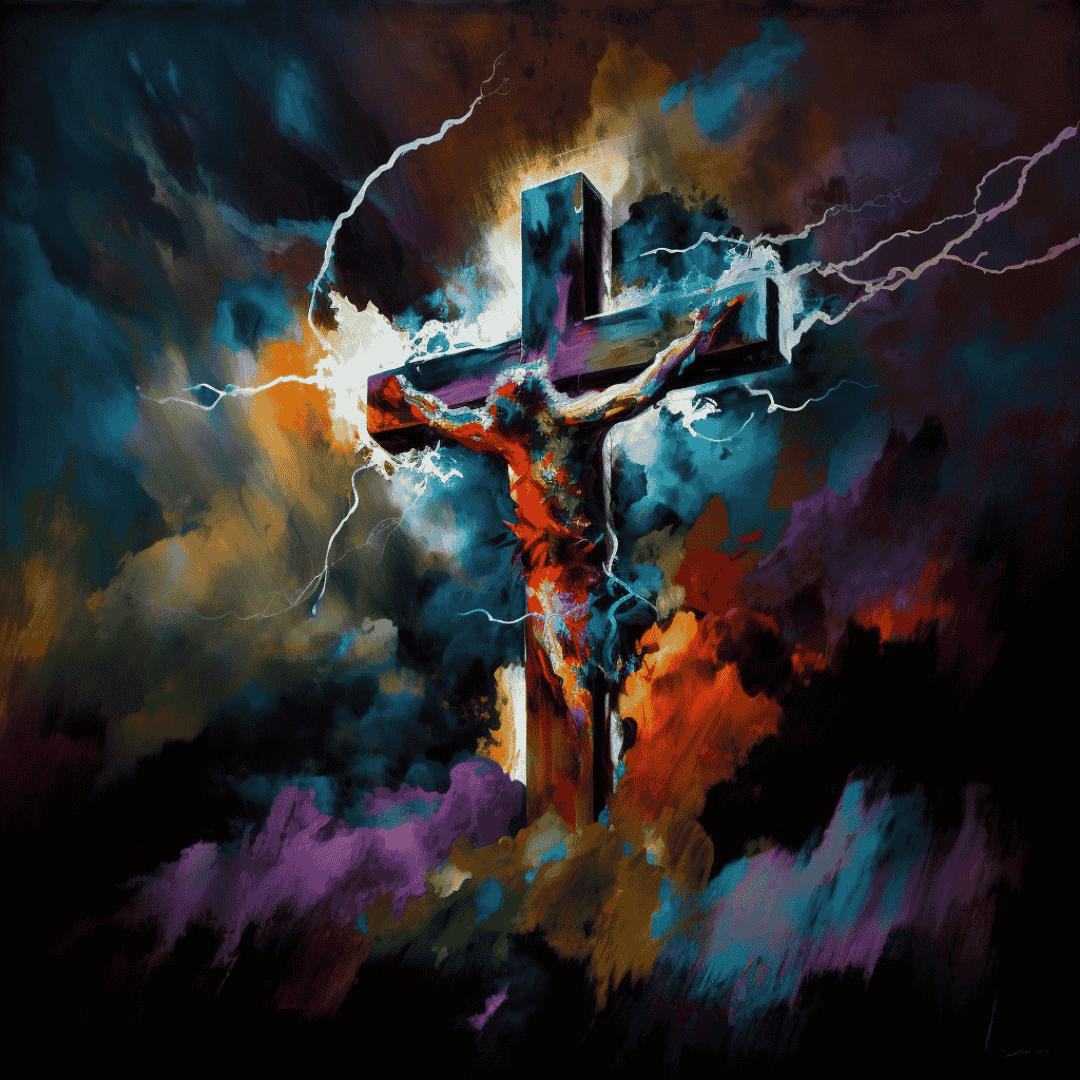
By Dr. Wayne Brouwer
November 4, 201510 Things Every Church Needs from Its Elders
Before the now gone Crystal Cathedral was internationally famous, its founding pastor, Robert H. Schuller, wrestled with his board of elders for more rapid change and ministry development. In its early years as Garden Grove Community Church, the elder board did not meet during December, and a third of elders were transitioning off and onto the board between November and January. Dr. Schuller often commented, at leadership seminars, that he made a number of strategic changes during that time each year, since the demands of the ministry could not wait for a slow board of elders to catch up.
We are entranced by seemingly strong leaders like Dr. Schuller, and their public bravado: blasting ahead, around, over and through the tedious organizational structures that the rest of us have to endure. Yet in the wisdom of God, the church of Jesus has been led by elders from its earliest expressions (Acts 14:23). While the leadership of elders is rooted in Israelite (Joshua 23) and Jewish (Ezra 10:8, 14) religious oversight and social structures, it is also a natural expression of Christian church life (Titus 1:5-9; 1 Timothy 3:1-7; 5:17).
Leadership Graces
The very name “elder” is a reminder that those who lead in this capacity are often in mature expressions of life—perhaps middle-age or beyond. But it is not age that is important. Rather, elders are recognized for their experience, insight, stability, wisdom, steadiness and depth—qualities that every congregation needs. Healthy congregations call out and expect these things from their elders:
1. Memory
rarely is there an entirely new situation, and those with memories of the past can provide meaningful trajectories for responding to current crises or issues.
2. Stability
rash responses often exacerbate difficulties; good leaders bring thoughtful patience into organizational change and crisis management.
3. Morality
we are rightly skeptical of fast-talking salesmen and slick politicians without track records of dependability. But when someone has proven herself over time as trustworthy and righteous, we crave her ethical direction.
4. Spirituality
M. Scott Peck called those who bowed to no authority beyond or above themselves as People of the Lie, and wrote that he feared them. But those who openly depend on God bring congregations closer to grace and goodness.
5. Kindness
while bullies may protect us for a time, they can quickly turn on us; kind people respect us, just as Jesus does.
6. Courage
no one can ever call herself courageous, but we all know people who will be resolute in the right way to see things through, and we admire them for it.
7. Wisdom
related to education, intelligence, experience and insight, but larger than all of them put together, is wisdom. Not all of us display wisdom in ready ways; those who do are natural born leaders among us.
8. Encouragement
“celebrities” need to be seen; encouragers empower the rest of us to be the best we can be. No wonder the early church needed Barnabas, “The Encourager” (Acts 4:36), as one of its key leaders.
9. Vision
while all of us stumble through daily routines with enough common sense not to bump into too many walls, leaders with vision have the ability to see invisible blueprints and maps from which they derive paths out of moral mazes, roads to recovery, options for opportunities, and dreams of preferred outcomes.
10. Hope
churches founder when tied primarily to nostalgia or are overwhelmed by crisis; hopeful elders know that Jesus declares, “I have put before you an open door which no one can shut…” (Revelation 3:8), and lead into a future shaped by eschatological expectation.









